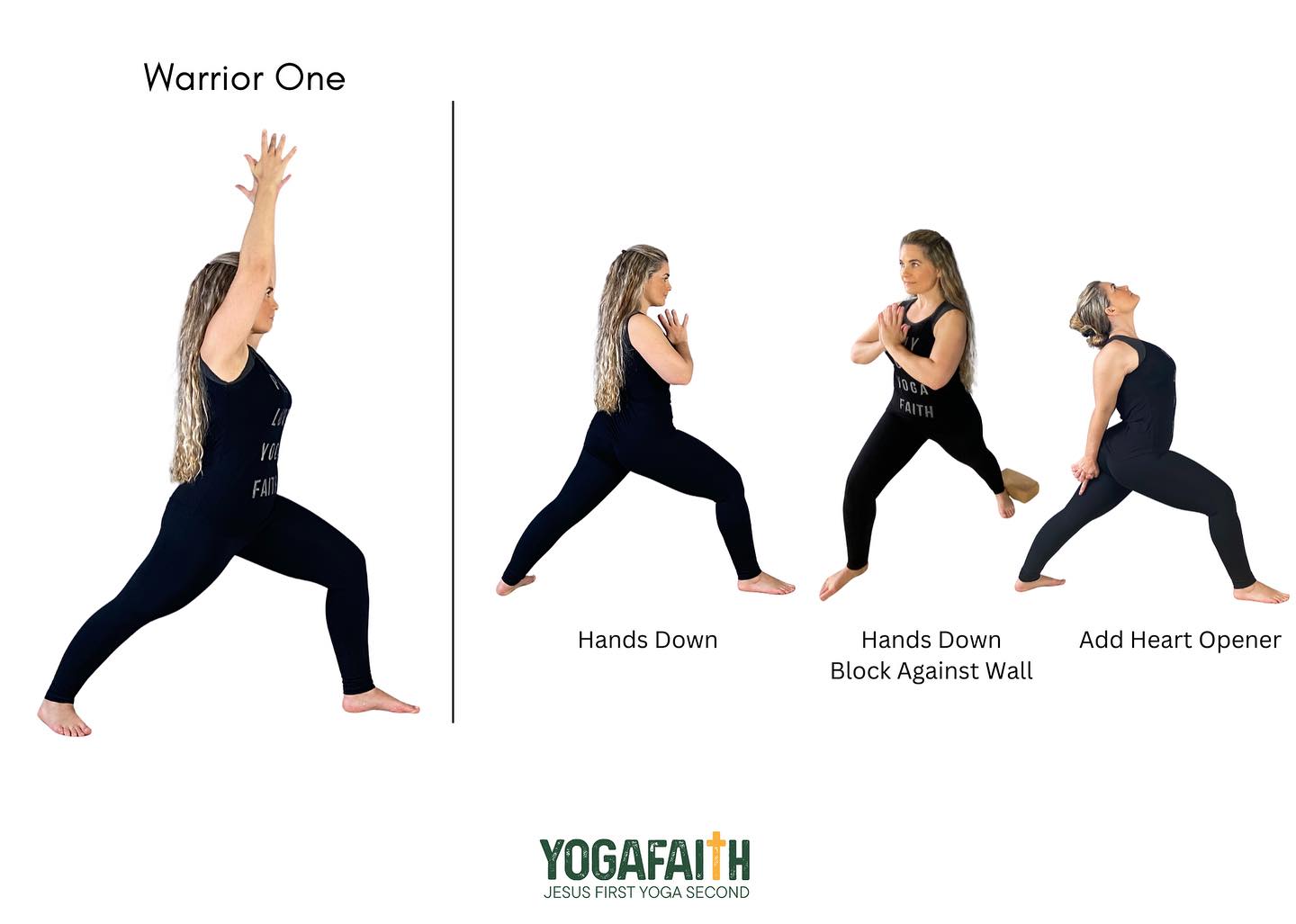Have you ever dreamed of guiding others on their yoga journey? Perhaps you yearn to share the transformative power of yoga with your community. If so, embarking on an online yoga teacher training program could be the perfect first step. Here’s a guide to help you choose the best yoga teacher training online that aligns with your personal and professional goals.
Understand Your Objectives
Before diving into the myriads of online courses, it’s essential to define your objectives. Are you looking to deepen your practice, become a certified yoga instructor, or explore specific styles of yoga? Understanding what you hope to achieve will guide you in selecting a program that meets your needs.
Check Accreditation and Certification
A crucial step in choosing an online yoga teacher training program is to verify its accreditation. Ensure the program is recognized by reputable yoga associations such as Yoga Alliance. Accreditation ensures that the training meets high standards of quality and that your certification will be respected in the yoga community.
Evaluate the Curriculum
Different programs offer various curriculums, so it’s important to review what each course covers. Look for a program that offers comprehensive training, including anatomy, philosophy, teaching methodology, and practical teaching experience. A well-rounded curriculum will prepare you to teach effectively and handle diverse student needs.
Consider the Format and Flexibility
These programs come in various formats, including live classes, pre-recorded videos, and a combination of both. Consider how much live interaction you want and how flexible the schedule needs to be. Some programs offer self-paced learning, which is ideal if you have a busy lifestyle or prefer learning at your own pace.
Instructor Experience and Expertise
The quality of instruction is paramount. Research the qualifications and experience of the instructors leading the program. Experienced instructors bring valuable insights and practical knowledge, which enhances the learning experience. Look for instructors with a strong background in teaching and a good reputation in the yoga community.
Assess Student Support and Community
An effective online training program should offer robust student support. Check if the program provides access to mentors, forums for discussion, and opportunities for networking with other students. A supportive community and accessible mentors can greatly enhance your learning experience and provide additional guidance.
Review Course Materials and Resources
High-quality course materials are essential for effective learning. Evaluate the resources provided, such as textbooks, videos, and practice sessions. Comprehensive and well-organized materials will help you grasp complex concepts and apply them in practice.
Read Reviews and Testimonials
Reading reviews and testimonials from past students can provide valuable insights into the program’s strengths and weaknesses. Look for feedback on the quality of instruction, the relevance of the curriculum, and the overall learning experience. Positive reviews can indicate a well-regarded program, while negative feedback may highlight potential issues.
Check for Additional Costs
Be aware of any additional costs associated with the program. Some online yoga teacher training courses may have extra fees for certification, materials, or exams. Ensure you understand the full cost before committing, so there are no surprises along the way.
Trial Classes and Introductory Offers
Many programs offer trial classes or introductory offers. Take advantage of these opportunities to experience the teaching style, course format, and overall vibe of the program. This firsthand experience can help you make a more informed decision and determine if the program aligns with your expectations.
Consider the Duration and Commitment
These programs vary in length, from a few weeks to several months. Consider how much time you can commit to the training and choose a program that fits your schedule. Be realistic about your availability and ensure you can complete the program requirements within the given timeframe.
Explore Specializations and Focus Areas
Some programs offer specializations or focus areas, such as prenatal yoga, restorative yoga, or advanced teaching techniques. If you have a particular interest or niche you want to pursue, look for programs that offer these specializations. Specialized training can provide you with unique skills and open up new opportunities in your yoga career.
Evaluate Post-Training Support
Post-training support is an important aspect of any program. Check if the program offers assistance with job placement, continuing education, or ongoing mentorship. Support after graduation can help you transition smoothly into your teaching career and continue your professional development.
Reflect on Your Learning Style
Consider how you learn best when choosing an online program. If you prefer hands-on learning, look for programs that offer practical teaching experiences or interactive workshops. If you are comfortable with self-study, a program with a strong focus on recorded materials may suit you better.
Stay Updated with Yoga Trends
The field of yoga is continually evolving, with new trends and practices emerging regularly. Choose a program that incorporates current trends and updates to ensure you are learning relevant and up-to-date techniques. Staying informed about the latest developments in yoga will enhance your teaching and keep your practice fresh.
Final Thoughts
After evaluating all these factors, make a list of potential programs that meet your criteria. Compare them based on your goals, preferences, and budget. Trust your instincts and choose the program that feels right for you.

